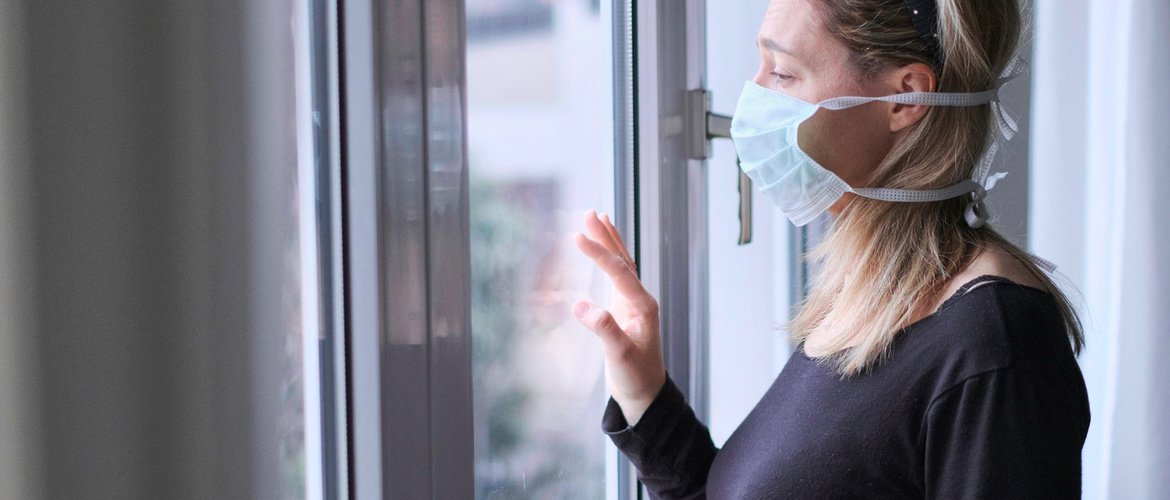
Choose a channel
Check out the different Progress in Mind content channels.

Progress in Mind

Many people with mental health diseases will experience additional emotional distress when faced with the physical health threat that COVID-19 poses to them and their loved ones. This may be exacerbated by the effects of social isolation and quarantine. To help clinicians support their patients, the American Psychiatric Association has brought together a set of resources. Here we summarise some important elements.
Helping the vulnerable
Psychiatrists acknowledge patients’ concerns, fears and uncertainty, share medical knowledge and correct misinformation, and promote steps to reduce distress and sustain normal healthy behaviors including sleep and social contact.
It is helpful to discourage excessive exposure to media coverage of stressful events since this can increases negative mental health outcomes.
Among those who may be particularly vulnerable during the pandemic are people with delusions, obsessive-compulsive thoughts and behaviors, uncontrolled psychiatric symptoms, and those with a prior history of severe trauma.
Excessive exposure to coverage of stressful events can negatively impact mental health
In greater detail:
Based on Taking Care of Patients During the Coronavirus Outbreak: A Guide for Psychiatrists; and Caring for Patients’ Mental Well-Being During Coronavirus and Other Emerging Infectious Diseases: A Guide for Clinicians. Both are from the Center for the Study of Traumatic Stress, Uniformed Services University, Bethesda, MD.
Dealing with isolation and quarantine
Sources of stress include frustration and boredom, being stigmatized, fear of the infection, inadequate provision of food and medical supplies, absence of face-to-face contact with others (including healthcare providers), disruption of routine, and anxiety about financial loss.
Steps to mitigate these psychological consequences include advice on how to make preparations for isolation (including planning activities to counter boredom), the provision of clear and accurate information about the disease and the possible need to extend quarantine, and practical help in maintaining communication with others.
Based on Psychological Effects of Quarantine During the Coronavirus Outbreak, from the Center for the Study of Traumatic Stress, Uniformed Services University, Bethesda, MD. This uses as a source Brooks SK, et al. The Lancet 2020; February 26
1. psychiatry.org/news-room/apa-blogs/apa-blog/2020/03/covid-19-mental-health-impacts-resources-for-psychiatrists